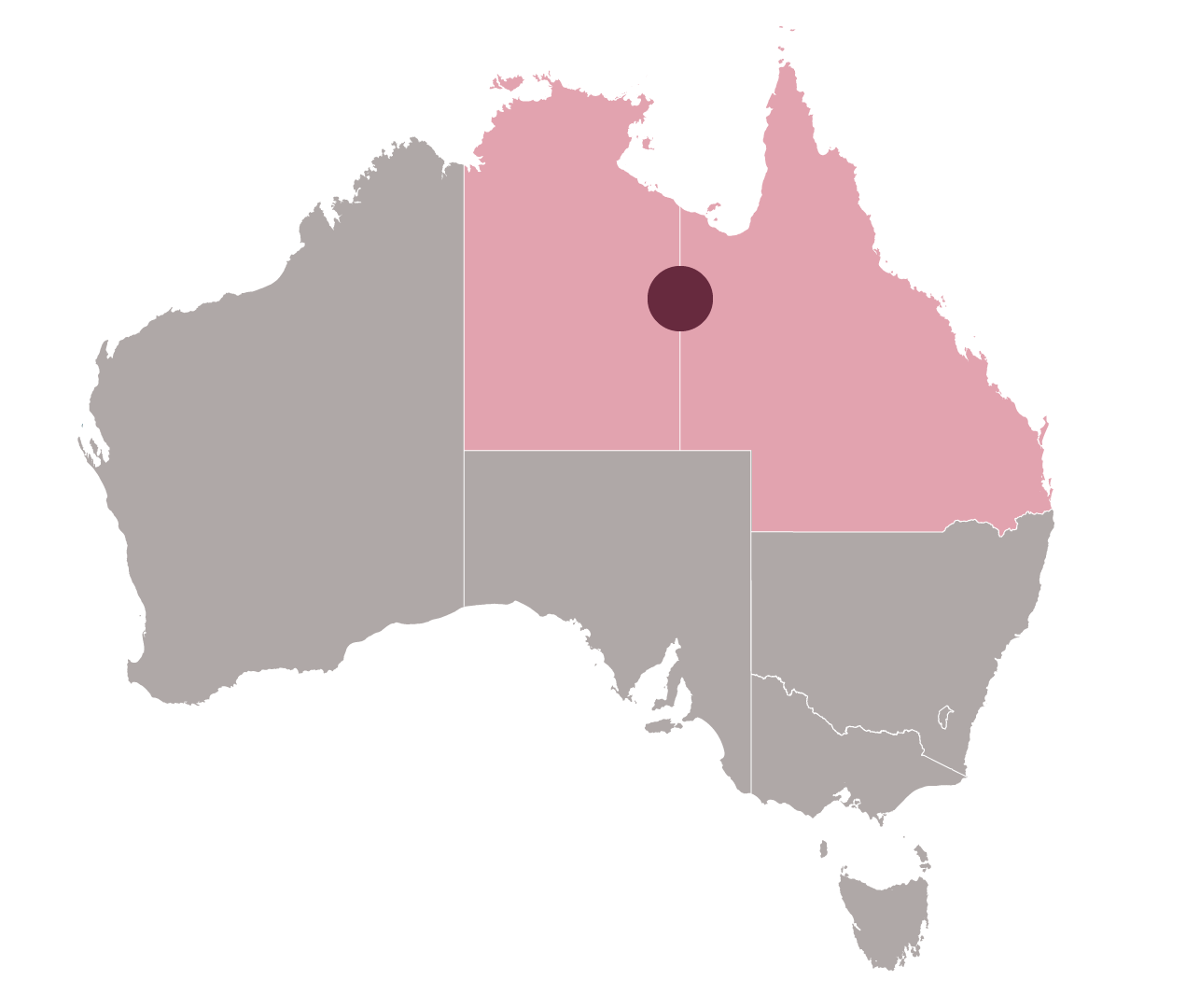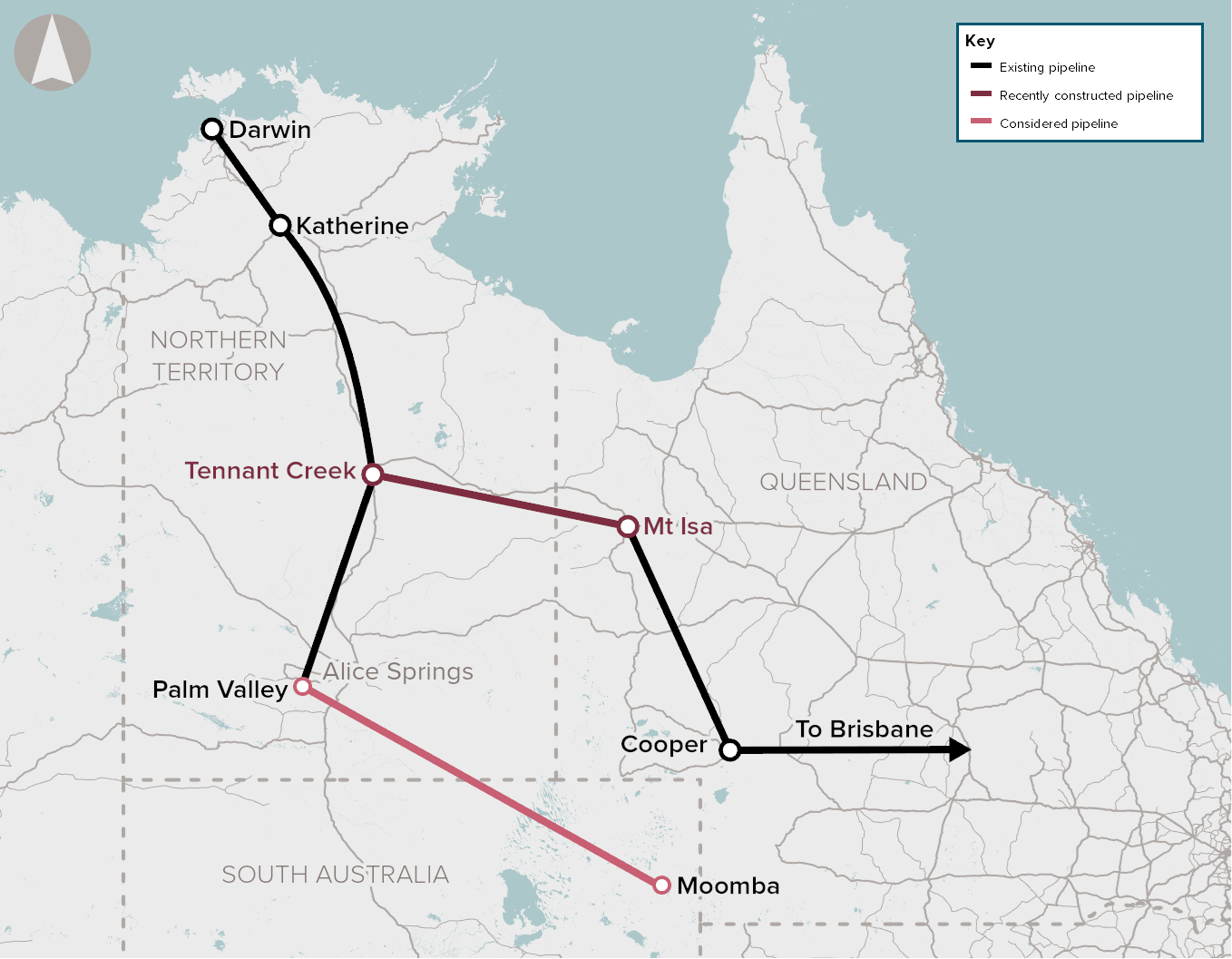

The 2019 Australian Infrastructure Audit identified that Australia has evolved from being a relatively stable, closed domestic market to the world’s largest exporter of LNG in less than a decade.
Consequently, gas has become an increasingly important energy policy issue. The AEMO forecasts that the gas supply-demand balance is likely to remain tight into the next decade, with gas production in southern Australia continuing to decline, and supplies from Queensland limited by pipeline capacity.
Reduction in production in the Gippsland basin is also expected to contribute to the shortfall in supply.
In the absence of additional supply, this increased demand is expected to lead to higher prices. The Northern Territory has the potential to provide price-competitive gas, but is only linked to the eastern gas pipeline network at Mount Isa.
Providing a connected national energy market with sufficient capacity to supply domestic and foreign markets, withstand supply shocks and market forces, and contribute to Australia’s broader environmental goals will support the resilience of the national economy.
This proposal is for developing infrastructure to connect northern Australian gas reserves to the eastern gas markets.
Construction of the Northern Gas Pipeline, a pipeline between Tennant Creek and Mount Isa, connecting Northern Territory gas supplies with the eastern gas market, was completed in 2018. This pipeline provides some additional supply to the eastern states, and supports economic growth in the Northern Territory.
Additional pipeline connections are currently being considered, including connections between Palm Valley to Moomba.
The feasibility of these proposals will depend on future gas demand in the eastern states and the viability of new gas fields in the Northern Territory.
Should further connections eastwards to the Galilee Basin in Queensland be built, gas from the centre of Australia will be delivered to Gladstone for the first time, increasing supply to manufacturers in southern markets.
The 2021 Australian Infrastructure Plan identifies that, as new fuel supplies become available, national priorities for access to internationally competitive energy are considered at the same time as export potential. However, any national gas reservation scheme will need to operate without affecting state governments’ sovereign powers to manage resources.
Northern Territory and Queensland Governments, as well as gas suppliers and energy market regulators, are encouraged to work together to fully assess the problem (Stage 1 of Infrastructure Australia’s Assessment Framework), prior to identifying and analysing potential investment options (Stage 2 of Infrastructure Australia’s Assessment Framework) that respond to this problem.


 EVALUATION COMPLETE
EVALUATION COMPLETE




